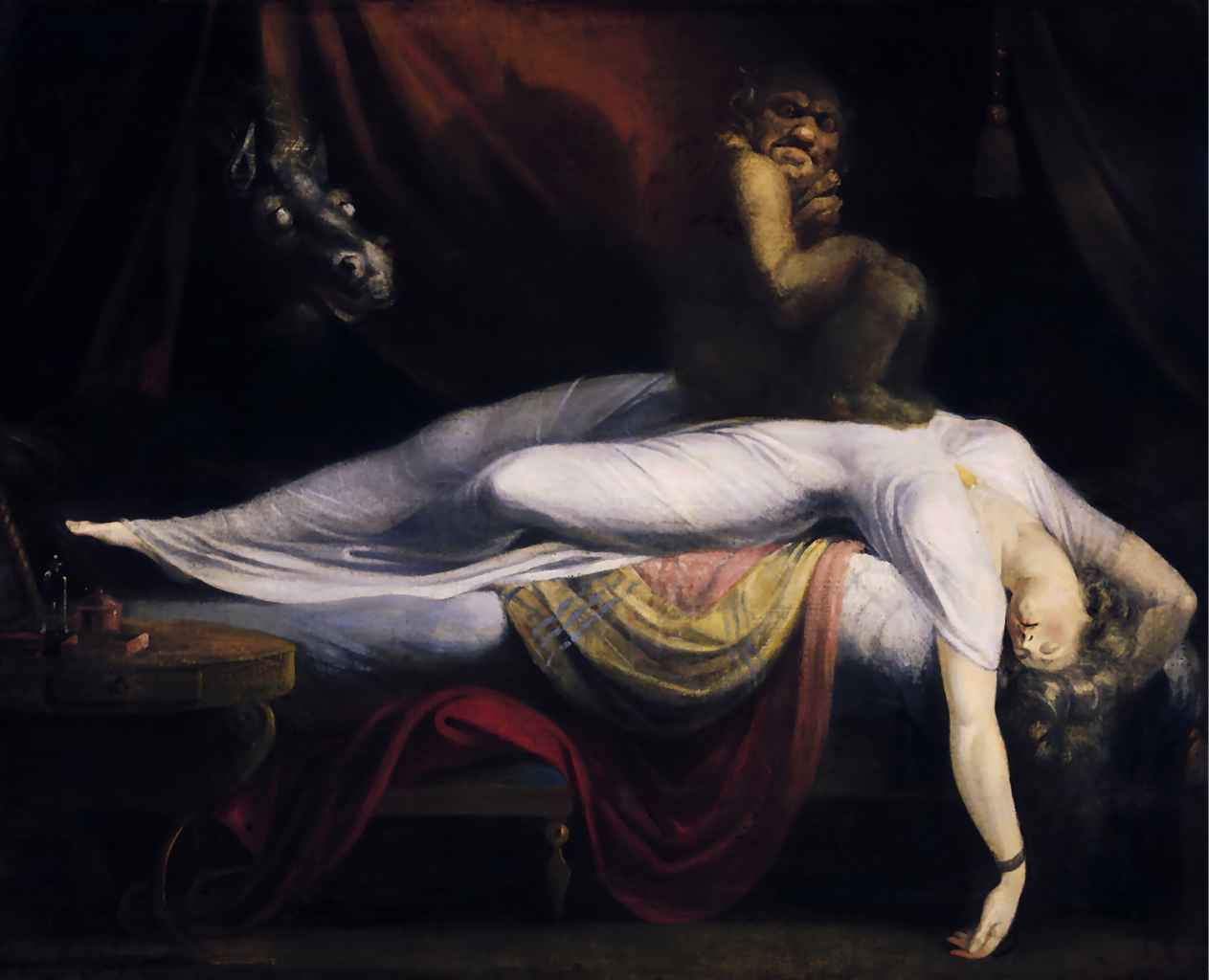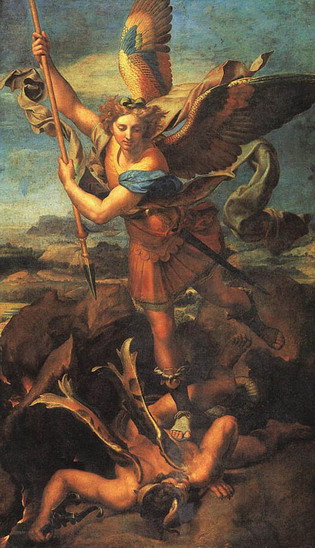Many traditions also speak of invisible entities that can help men to fight the demons. Angels exist in many religions and has been for a long time.
Many people believed in the existence of spiritual beings intermediate between God and man, and many religions have addressed their worship. In a way, one could say that belief in these spiritual beings is part of the common heritage of much of humanity. To explain certain phenomena which he does not discover the causes, the human mind is naturally inclined to assume the existence of invisible beings acting in a mysterious way. And depending on the nature of effects, these spiritual beings are considered good or bad.
These speculations are confirmed by positive revelations in Judaism (Old Testament), in Christianity (New Testament) and Islam (Koran).
The Old Testament calls the angels "messengers." And indeed, these spiritual beings, who are with God a sort of court, are his messengers to fill various positions near the men of information or protection or punishment of the wicked. It is often said that the belief in angels was common among Jews during the Exile (sixth century BC), in contact with the Babylonian religion. And yet, from Genesis, the angels are mentioned in many stories: Sara appearance at Lot, Hagar, to Abraham, Jacob, etc..
However, from Exile, the angels are playing an increasingly large.
The Old Testament calls the angels "messengers." And indeed, these spiritual beings, who are with God a sort of court, are his messengers to fill various positions near the men of information or protection or punishment of the wicked. It is often said that the belief in angels was common among Jews during the Exile (sixth century BC), in contact with the Babylonian religion. And yet, from Genesis, the angels are mentioned in many stories: Sara appearance at Lot, Hagar, to Abraham, Jacob, etc..
However, from Exile, the angels are playing an increasingly large.
Next to them, other spiritual beings, demons, trying to hurt men, especially by pushing them to evil. The serpent of Genesis seems a symbol of such a demonic being.
The evil angels, whose leader is the devil, or Satan, are responsible for the temptation of Jesus and Judas' betrayal, they are also trying the disciples and they sow tares among the wheat, they are condemned to eternal fire (Matthew xxv, 41).
In different terms ("demons" or evil spirits "), the New Testament refers to evil spirits responsible for various diseases, especially of nervous diseases. While modern science attributes the diseases to natural causes, the fact remains that their attribution to cause a demonic confirms the belief accepted by Jesus and his disciples to the existence and in the many evil spirits , eager to fight God and to persecute men. Also the essential prayer of Christians, the "Our Father", is there a special request to ask God to keep us away from the "perverse".
The evil angels, whose leader is the devil, or Satan, are responsible for the temptation of Jesus and Judas' betrayal, they are also trying the disciples and they sow tares among the wheat, they are condemned to eternal fire (Matthew xxv, 41).
In different terms ("demons" or evil spirits "), the New Testament refers to evil spirits responsible for various diseases, especially of nervous diseases. While modern science attributes the diseases to natural causes, the fact remains that their attribution to cause a demonic confirms the belief accepted by Jesus and his disciples to the existence and in the many evil spirits , eager to fight God and to persecute men. Also the essential prayer of Christians, the "Our Father", is there a special request to ask God to keep us away from the "perverse".

The Nightmare (1781) after Henry Fuseli
Following the Old and New Testament, and perhaps under their influence, the Qur'an speaks often of the angels, and professes a doctrine similar to that of Judaism and Christianity.This doctrine is even considered one of the most important: "A good man is one who believes in Allah and the Last Day, the angels, the scripture and the prophets" (Qur'an, II, 172). Instead, an "infidel" is defined as "one who is an enemy of Allah, His Angels, His apostles, to Gabriel, Michel" (II, 92). Similarly, the existence of the devil no doubt, because he tempted Adam and continues to deceive and seduce men. The Devil, like it or not, is part of our heritage, our history. Its implications in human affairs have caused so much ink and blood all over the world, it would be absurd to deny its influence in the lives of people.
Throughout the ages, terror, famine, disease helps the humble serpent of the Garden of Eden has become a gigantic dragon, a new Proteus always ready to change the picture, especially as his best trick is to pretend does not exist. On this point, theologians, authors of the Grimoires and Enchiridions bring, besides a formal denial.


